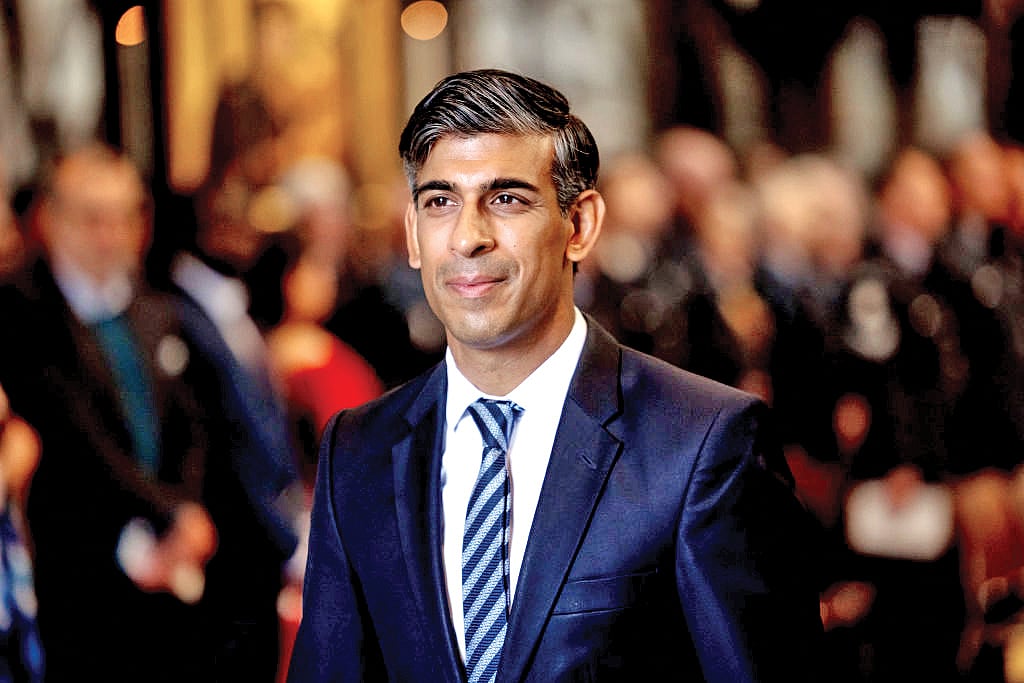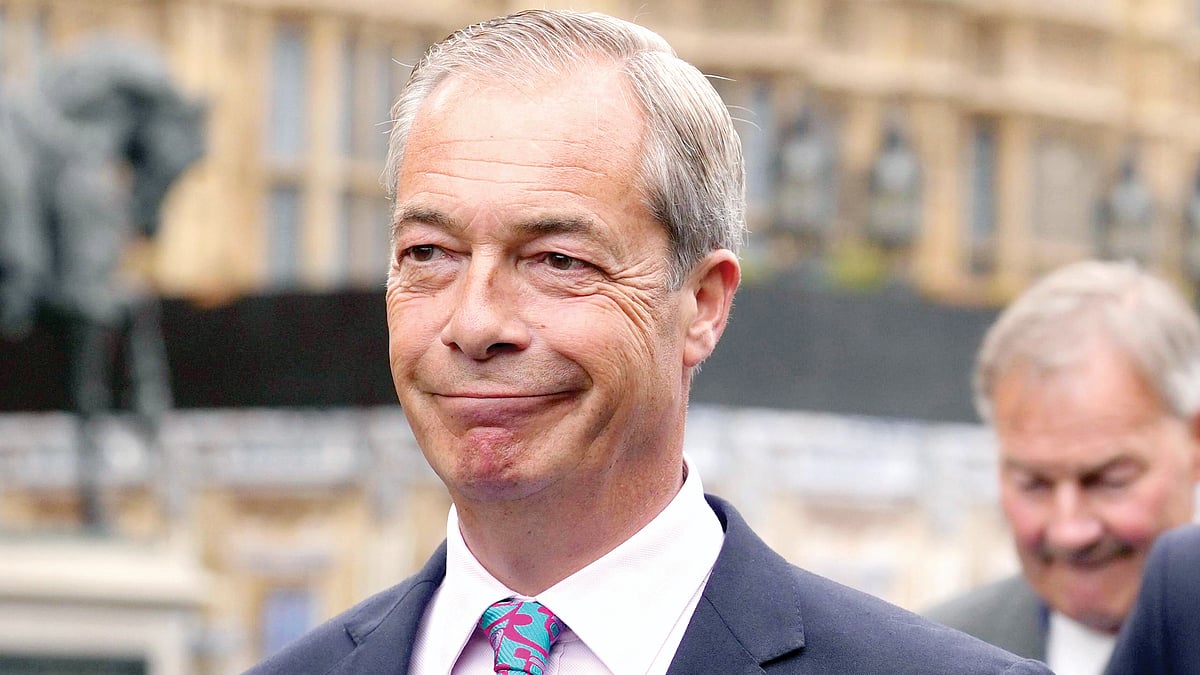London Diary: Intellectual bankruptcy over Gaza
So what if thousands of Palestinians are dying? How dare BBC fail to declare that its Gaza documentary was narrated by son of Hamas leader?

It’s a classic case of the tail — or the detail — wagging the dog, not to mention an eloquent commentary on the intellectual bankruptcy of Britain’s metropolitan elite.
While thousands of innocent Palestinians continue to be massacred by Israel’s illegal occupation forces — guilty of crimes against humanity — the British chattering class is more concerned about the BBC’s failure to declare that a documentary it aired on the suffering of Gazans was narrated by the son of a Hamas leader.
The BBC was forced to pull the documentary Gaza: How to Survive a Warzone within days after its release. Not content, myriad lobby groups with the backing of the government then forced it to order an inquiry. The resulting report has predictably criticised the BBC for not declaring the identity of the narrator. Still not satisfied, they are now calling for heads to roll. And roll they will, no doubt.
However, all may not be lost. A few conscientious voices still remain, as the following letter from Dr Chris Lee of Chester to The Times shows:
‘Sir,
The controversy surrounding the BBC’s Gaza: How to Survive a Warzone has sparked a disproportionate level of outrage, largely focused on the fact that its teenage narrator was the son of a Hamas minister. This detail, while perhaps relevant for editorial transparency, has been elevated to the level of a catastrophic failure. Curiously absent from the debate is any serious allegation that the documentary’s content was inaccurate or fabricated.
'There is something profoundly askew in our moral priorities when more energy is expended investigating the family ties of a narrator than addressing the starvation of civilians, the killing of aid workers or the bombing of hospitals. The BBC has acknowledged a failure of process. But the real failing may be the ease with which we allow procedural scandal to eclipse human suffering.’
Thank you, Dr Lee, for not losing your moral compass.
****

Rishi Sunak’s lucrative retirement
Rishi Sunak’s return to Goldman Sachs, where he cut his teeth in investment banking before plunging into politics, has got considerable play in Indian media.
However, what the desi media missed out on is more interesting: namely, the former PM has earned more than half-a-million pounds from just three public lectures — two in America and one in South Korea. This after signing up with the Washington Speakers Bureau, a talent agency that also promotes former prime ministers Tony Blair and David Cameron (who Sunak pulled out of retirement to instal as Britain’s foreign secretary).
Sunak’s lucrative earnings are disclosed in the MPs’ register of interests where every MP is required to declare any income in addition to their earnings as members of Parliament.
While continuing to be a backbench Tory MP, Sunak has also taken up new roles at the Blavatnik School of Government at the University of Oxford and at the Hoover Institution at Stanford University.
There’s no suggestion, though, that he has broken any rules. In fact, he has strictly followed the advice of the Advisory Committee on Business Appointments, which had advised him not to begin his role at the bank until at least 12 months after his last day in government.
He has also been advised that he ought not to get involved in any projects that include lobbying for the UK government or any of its arm’s-length bodies, for one more year.
Meanwhile, Sunak has announced that he will donate all of his salary from Goldman Sachs to a charity launched by him and his wife, Akshata Murty, to improve maths skills among school children.
Virtual-signalling? Or re-channelling?
****

Trust in the government? What’s that?
One of Britain’s oldest and most trusted surveys has revealed that trust in Britain’s system of government has crashed to a record low, defying the optimism following the arrival of a Labour government last summer.
Stagnant living standards, dissatisfaction with the National Health Service (NHS) and the after effects of Brexit are all undermining confidence in the British system, according to the British Social Attitudes Survey.
A mere 19 per cent of the respondents say there’s room for improvement in the way Britain is run.
Downing Street is said to be concerned about this trust deficit, seeing it as a key reason behind the rise of the Right, exemplified by the growing popularity of Nigel Farage’s xenophobic Reform UK, previously known as the Brexit Party.
Researchers at the National Centre for Social Research, which carried out the survey, found that those with low levels of trust were more likely to vote Reform or Greens. It noted: ‘For many, the choice between the two parties of government (Labour and Conservative) looked too much like a choice between Tweedledum and Tweedledee’.
And, finally, it’s official: politicians don’t talk like humans. And — according to a study published in the scholarly periodical Comparative Political Studies — their speeches become more interminable as soon as they are elected to Parliament.
Sound familiar, anyone?
Follow us on: Facebook, Twitter, Google News, Instagram
Join our official telegram channel (@nationalherald) and stay updated with the latest headlines
